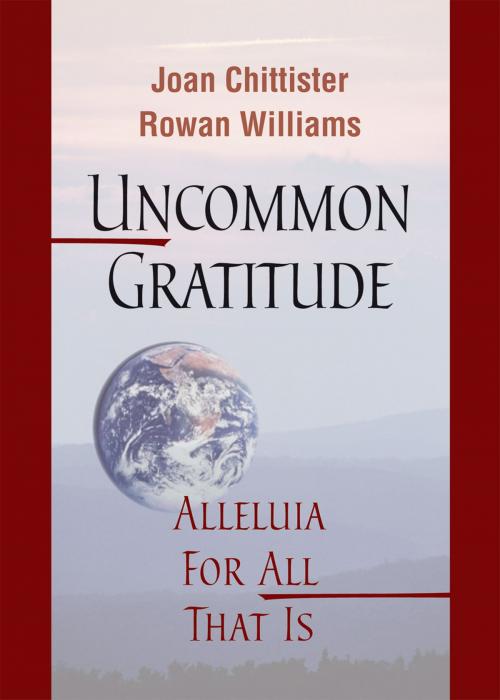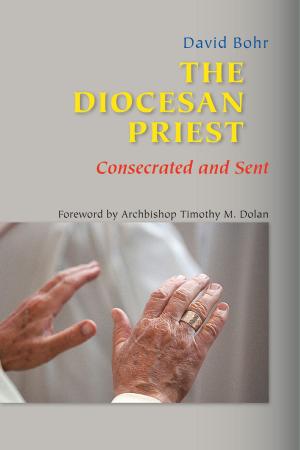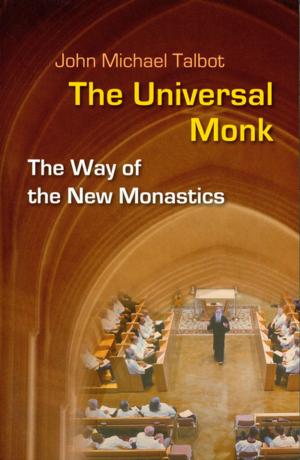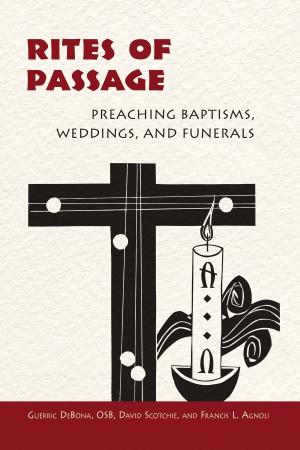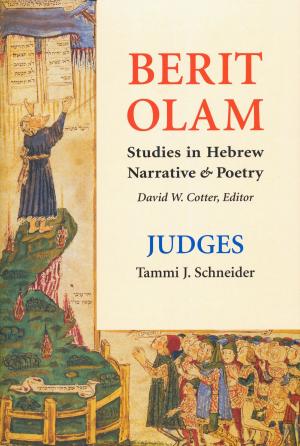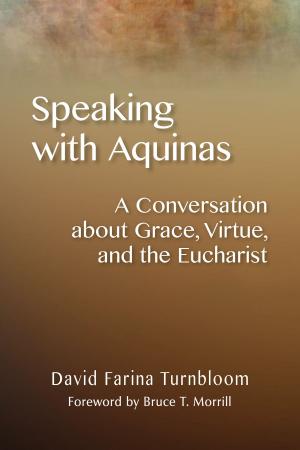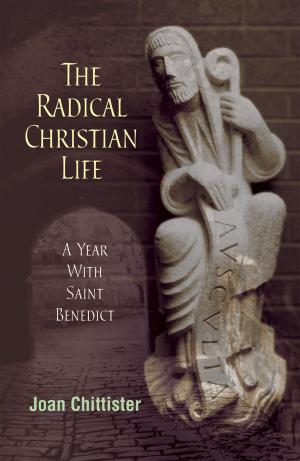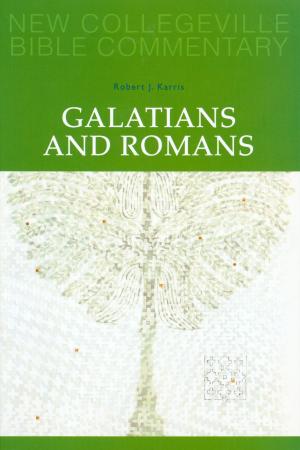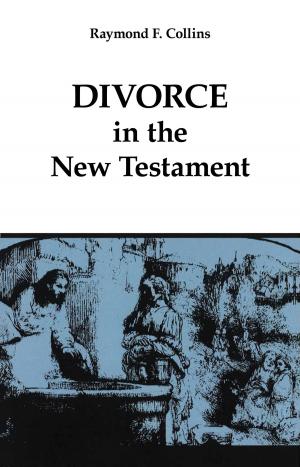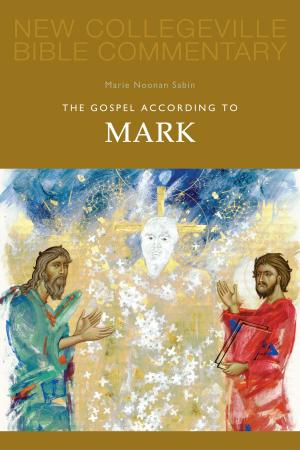Uncommon Gratitude
Alleluia for All That Is
Nonfiction, Religion & Spirituality, Christianity, Denominations, Catholic, Catholicism| Author: | Joan Chittister OSB, Rowan Williams | ISBN: | 9780814639290 |
| Publisher: | Liturgical Press | Publication: | April 1, 2014 |
| Imprint: | Liturgical Press | Language: | English |
| Author: | Joan Chittister OSB, Rowan Williams |
| ISBN: | 9780814639290 |
| Publisher: | Liturgical Press |
| Publication: | April 1, 2014 |
| Imprint: | Liturgical Press |
| Language: | English |
Archbishop of Canterbury Rowan Williams often says that, no matter what, the proper stance of the Christian in the world is one of gratitude. In this book, Sister Joan Chittister, OSB, and Archbishop Rowan Williams offer us a sweeping set of things and circumstances to be grateful for 'things for which we can sing alleluia," "praise and thanks be to God."
Some are things we naturally feel grateful for: God, peace, wealth, life, faith, and unity. But when these are set alongside other things we would never think to sing alleluia about 'death, divisions, sufferings, and even sinners 'we begin to see, as Joan Chittister says in her introduction, that "Life itself is an exercise in learning to sing 'alleluia ' here in order to recognize the face of God hidden in the recesses of time. To deal with the meaning of 'alleluia ' in life means to deal with moments that do not feel like 'alleluia moments' at al."
In this series of reflections it becomes clear that singing "alleluia" is not a way to escape reality but receptivity to another kind of reality beyond the immediate and the delusional, of helping us understand what is now and what is to come.
Joan Chittister, OSB, is a Benedictine nun and international lecturer who has been a leading voice in spirituality for more than thirty years. She has authored forty books, including her most recent, The Liturgical Year: The Spiraling Adventure of the Spiritual Life, published by Thomas Nelson.
Rowan Williams, Archbishop of Canterbury, is acknowledged internationally as an outstanding theological writer, scholar, and teacher. He has been involved in many theological, ecumenical, and educational commissions and has written extensively across a wide range of fields of professional study ' philosophy, theology, spirituality, and religious aesthetics. He has also written on moral, ethical, and social topics and, since becoming archbishop, has focused more intently on contemporary cultural and interfaith issues.
"
Archbishop of Canterbury Rowan Williams often says that, no matter what, the proper stance of the Christian in the world is one of gratitude. In this book, Sister Joan Chittister, OSB, and Archbishop Rowan Williams offer us a sweeping set of things and circumstances to be grateful for 'things for which we can sing alleluia," "praise and thanks be to God."
Some are things we naturally feel grateful for: God, peace, wealth, life, faith, and unity. But when these are set alongside other things we would never think to sing alleluia about 'death, divisions, sufferings, and even sinners 'we begin to see, as Joan Chittister says in her introduction, that "Life itself is an exercise in learning to sing 'alleluia ' here in order to recognize the face of God hidden in the recesses of time. To deal with the meaning of 'alleluia ' in life means to deal with moments that do not feel like 'alleluia moments' at al."
In this series of reflections it becomes clear that singing "alleluia" is not a way to escape reality but receptivity to another kind of reality beyond the immediate and the delusional, of helping us understand what is now and what is to come.
Joan Chittister, OSB, is a Benedictine nun and international lecturer who has been a leading voice in spirituality for more than thirty years. She has authored forty books, including her most recent, The Liturgical Year: The Spiraling Adventure of the Spiritual Life, published by Thomas Nelson.
Rowan Williams, Archbishop of Canterbury, is acknowledged internationally as an outstanding theological writer, scholar, and teacher. He has been involved in many theological, ecumenical, and educational commissions and has written extensively across a wide range of fields of professional study ' philosophy, theology, spirituality, and religious aesthetics. He has also written on moral, ethical, and social topics and, since becoming archbishop, has focused more intently on contemporary cultural and interfaith issues.
"
